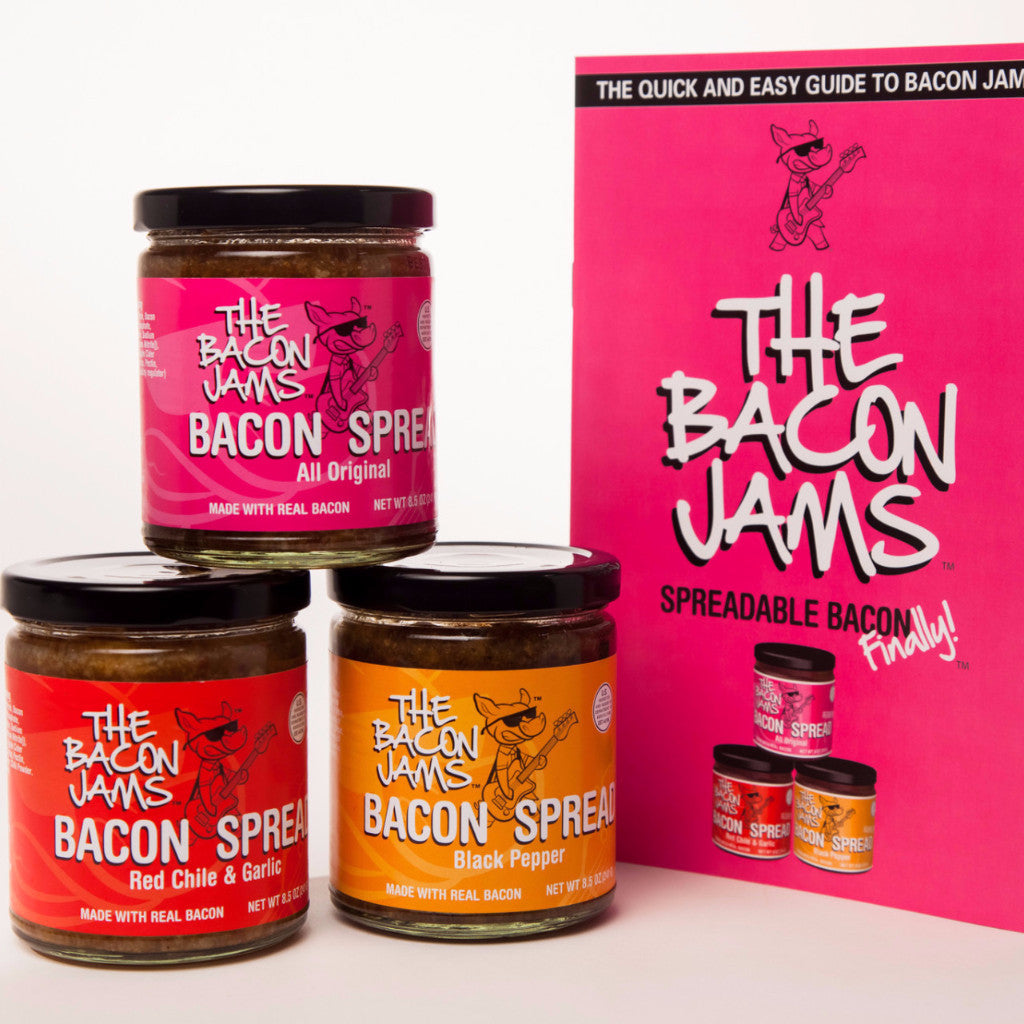Now, it is important to point out that an inspection had been done the previous year and that the 2 GMP violations were previously noted. More impactful however, is that during that 2015 inspection, FDA had found 20 samples positive for Listeria. It is also important to note that this audit had been done as a result of a state laboratory finding Listeria in a product sample.
Further, the Listeria was the same strain in all samples "Whole Genome Sequencing (WGS) analysis was conducted on the two (2) L. monocytogenes isolates obtained from a FDA environmental sample collected on January 26, 2016, twenty (20) L. monocytogenes isolates obtained from a FDA environmental sample collected on April 21, 2015, and two (2) L. monocytogenes isolates obtained from a finished product sample of ice cream collected by Nebraska Department of Agriculture in April 2015". (Associated Recall)
So while the firm conducted corrective actions (conducted a voluntary recall of ice cream, frozen yogurt, sorbet, and ice cream sandwiches for all flavors and containers in 2015, made changes in the production flow including no longer manufacturing finished ice cream, frozen yogurt, or sorbet on-site (instead just manufacturing frozen flavor bases that are shipped to co-manufacturers, and conducted training for employees), the same organism is still in the facility.
"The reoccurring presence of an identical strain of L. monocytogenes in your environment indicates a resident strain or niche harborage site present in the facility. These findings also demonstrate that your sanitation procedures have historically been inadequate to control, reduce, or eliminate this pathogenic organism from your facility. It is essential to identify the areas of the food processing plant where this organism is able to grow and survive and to take such corrective actions as necessary to eradicate the organism by rendering these areas unable to support the growth and survival of the organism."A few things to note:
1) This is a reason for facilities to consider using Whole Genome Sequencing (WGS) when they find Listeria in their facility. Too often the assumption is that it is reentering the facility, but it may be worth determining if there is a resident strain.
2) Although this firm went to great lengths to escape the problem, including changing the products they make, they did not solve the fundamental issue of systematic contamination in the facility. Although the facility findings were not huge or overly impactful, that issue still existed and resulted in further scrutiny . WGS had an impact on how FDA evaluated this facility, and making marginal issues bigger than they should have been. Including finding 2 samples of Listeria in the facility.
3) It is important to fix the issues in an FDA audit report and ensure that they are being followed. Clearly, by having old issues recited gives an auditor or inspector the impression that things have not changed..
4) This points out the long term impact of finding product in the field positive for Listeria. It the company had more proactive programs first time around, they wouldn't be still trying to work out of the negative image created.
5) The press has been brutal, and although the company claims the product is safe, it is hard to overcome the amount of negative coverage. Below is an article in the Wall Street Journal countered by an article in Columbus Business First.
3) It is important to fix the issues in an FDA audit report and ensure that they are being followed. Clearly, by having old issues recited gives an auditor or inspector the impression that things have not changed..
4) This points out the long term impact of finding product in the field positive for Listeria. It the company had more proactive programs first time around, they wouldn't be still trying to work out of the negative image created.
5) The press has been brutal, and although the company claims the product is safe, it is hard to overcome the amount of negative coverage. Below is an article in the Wall Street Journal countered by an article in Columbus Business First.



